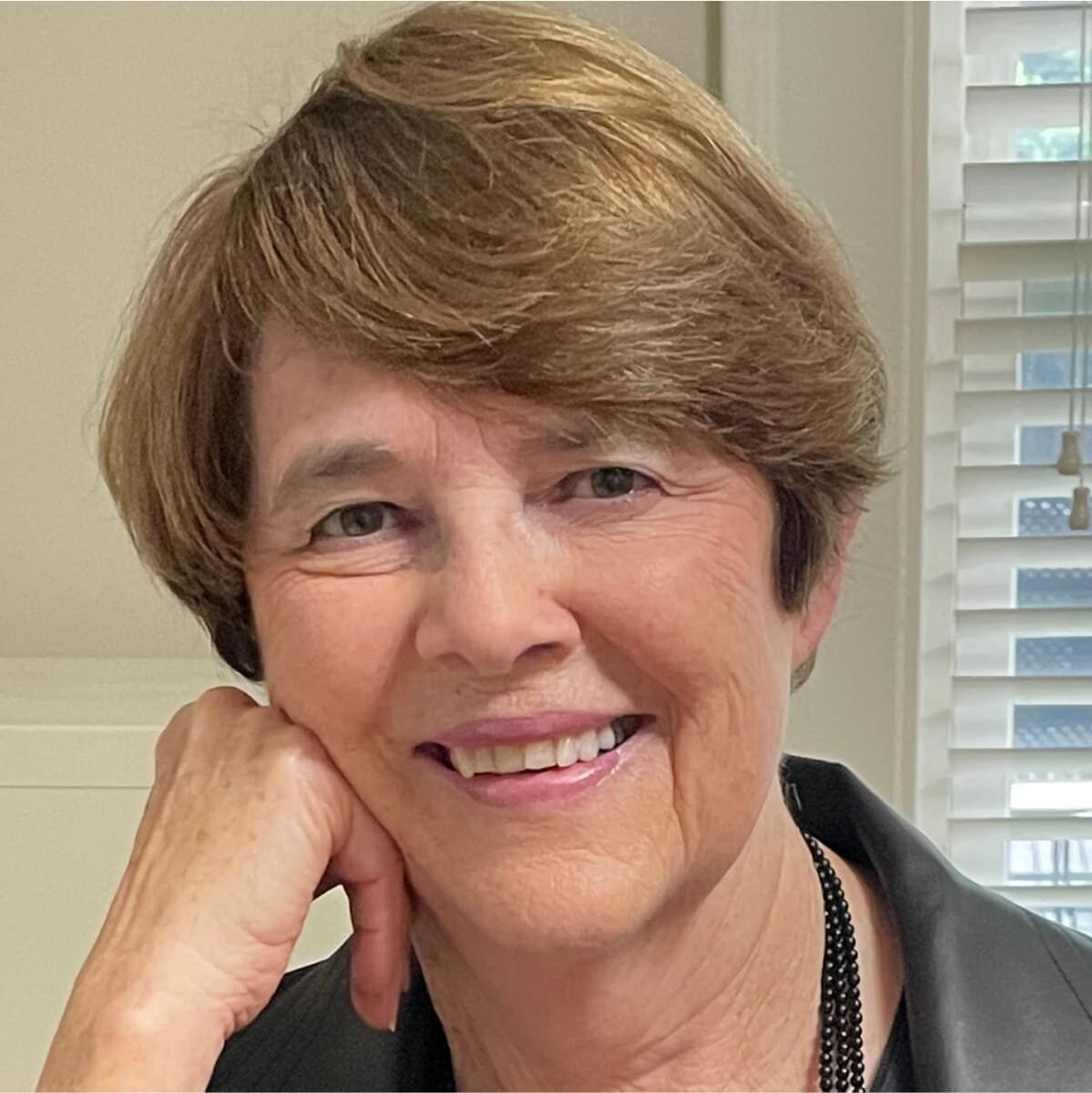
Navigating the Second Wave
March 19, 2020
In 1970, I read the The Feminine Mystique, the blockbuster book published seven years earlier by Betty Friedan that explored the idea of women finding personal fulfillment outside of their traditional roles.
That same year, I joined a “consciousnessraising” women’s group in Ann Arbor, Michigan, where I was living at the time, and also became a member of the National Organization for Women (NOW). The year 1970 was also when I interviewed the famous Australian feminist Germaine Greer, who had a lot of thought-provoking things to say about the status of women.
I didn’t know it at the time but—voila!—I had joined the Second Wave of the Women’s Movement.
(The Second Wave began in the early 1960s and lasted for more than 25 years. While first-wave feminism focused mainly on suffrage and overturning legal obstacles to gender equality, second-wave feminism broadened the debate to include a wider range of issues—sexuality, family, the workplace, reproductive rights, de facto inequalities, official legal inequalities, domestic violence, custody laws, and divorce law.)
Those Second Wave years were electrifying to me. I had grown up in a fairly traditional family in the Midwest and until 1970, had been hazy about whether I would actually pursue a career. True, I had been working as a journalist for three years at that point, but in my mind, that was just a job, albeit a very exciting one, until my four future children were born. (In the end, I had just two.)
But in 1970 I decided I would have a career in journalism. Not just a job but a career.
Which brings me to Andrea L’Hommedieu, director of the Department of Oral History, University Libraries, the University of South Carolina. Just in time for Women’s History Month, L’Hommedieu and her staff have made available online (digital.library.sc.edu/exhibits/secondwave/interviews) the first batch of oral interviews and written transcripts of various South Carolina women who began their careers and navigated American society during those tumultuous decades. (Full disclosure: I was one of the women interviewed in the Journalism category.)
Fifty women have been interviewed thus far. The goal is to interview at least 50 more this year, and to continue adding the voices of South Carolina women to the collection indefinitely.
The first group of interviewees made their mark in Politics, Religion, Journalism, Archaeology/ Anthropology, Economics, Education, Women’s and Gender Studies, Public Health, and Social Work. Additional occupational areas will be included in the next set of interviews.
“I think this work is important because it allows younger generations of women to learn from the experiences of women who came before them, serves as role models to young women, and builds a large written resource documenting women’s history,” says L’Hommedieu. “Historically, women’s voices are marginalized. Oral history is a great equalizer.
“We want the women interviewed to be a diverse group in the sense of race, occupation, education, religious belief, and political affiliation,” she adds. “Including a mosaic of voices creates a rich collection.”
The Second Wave collection at USC builds upon two others directly related to women’s history— South Carolina Suffragist interviews conducted by the late history professor Constance Ashton Myers and also the 1977 International Women’s Year (IWY) collection, which interviewed 700 participants about the status of women in the United States in the 1970s.
I’m hoping that my five granddaughters will listen to my interview one day—and to those of my female colleagues—and learn what it was like to navigate American society and confront the obstacles put in the way of competent, ambitious women during the Second Wave years. When they hear the interviews, they’ll understand how much more work still needs to be done.
Jan Collins is a Columbia-based writer, author, and editor. A former Nieman Fellow at Harvard and former Congressional Fellow in Washington, D. C., she is the coauthor of Next Steps: A Practical Guide to Planning for the Best Half of Your Life (Quill Driver Books, 2009). To read more of Jan Collins’s articles in The Columbia Star newspaper, visit www.jan-collins.com.

Jan Collins is a Columbia, South Carolina-based journalist, editor, and author. A former Nieman Fellow at Harvard and former Congressional Fellow in Washington, D. C., she is the coauthor of Next Steps: A Practical Guide to Planning for the Best Half of Your Life (Quill Driver Books, 2009).